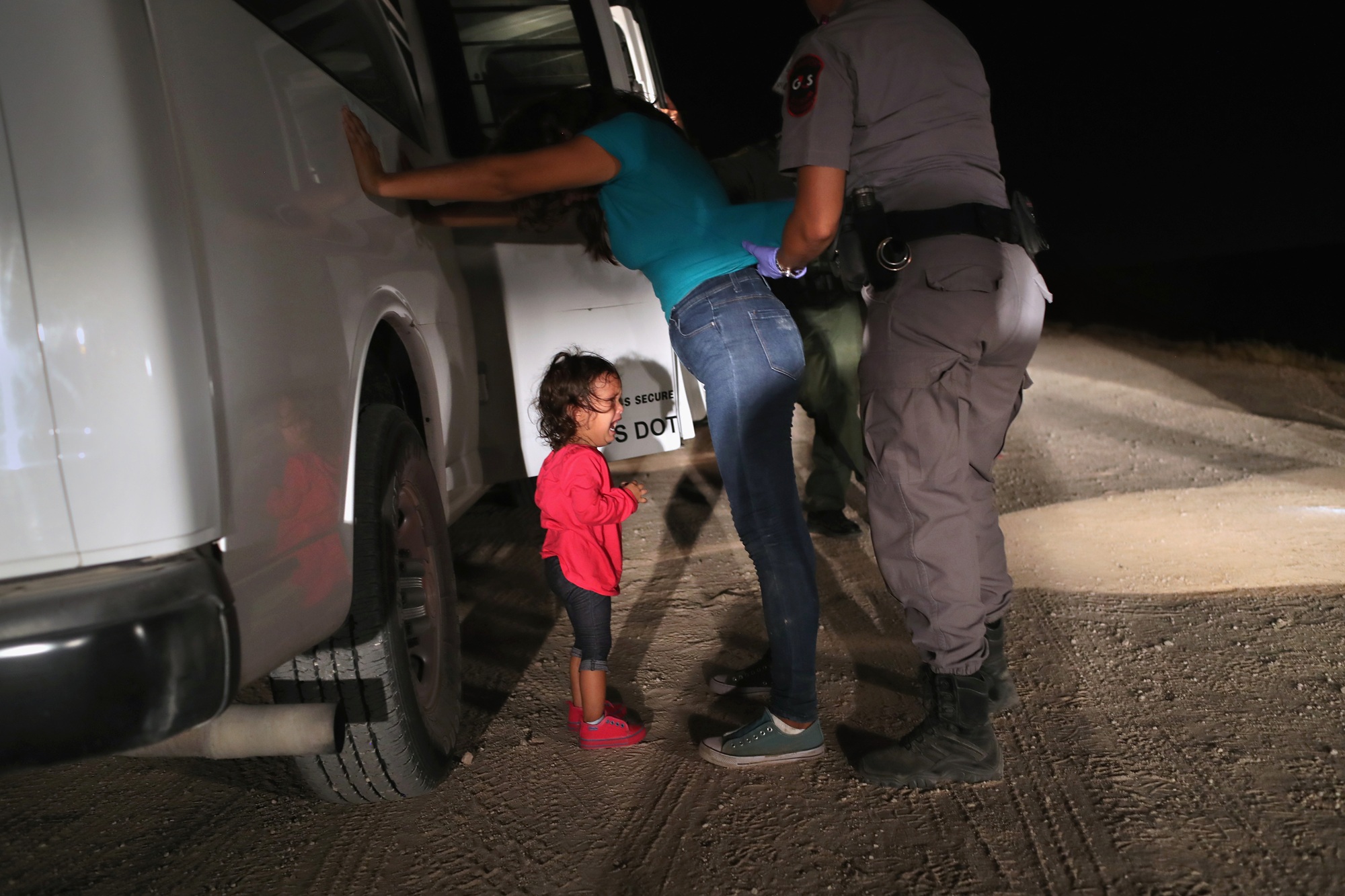
"It's not unusual or improper for the government to renegotiate court-ordered settlement agreements, said David Super, an administrative law expert at Georgetown University who has litigated against both Democratic and Republican administrations. But, he said, it's "extraordinary" for the government to change its policy before receiving permission from the court, as the DOJ has done in Ms. L. this year. "When the government unilaterally stops complying, that's not negotiation," he said. "That's contempt of court.""
"The Department of Justice declined to answer questions about its challenges to the settlement agreement, saying it doesn't comment on matters that are in litigation. But in hearings before Judge Dana M. Sabraw, of the U.S. District Court for the Southern District of California in San Diego, DOJ attorneys have maintained that government agencies are "trying to meet their obligations under the settlement agreement," and that the deportations are legal."
"The Department of Homeland Security, which oversees Immigration and Customs Enforcement, skirted a question about how it avoids reseparating families that are entitled to protection under the Ms. L. agreement. "ICE does not separate families," an unnamed DHS spokesperson wrote in an email. "Parents are asked if they want to be removed with their children or ICE will place the children with a safe person the parent designates.""
"Among those deported was a mother of five who was detained at a routine ICE check-in, along with her two youngest children, according to an ACLU court filing. The woman, whose family members had been separated during the first Trump presidency, had permission to stay in the United States under the terms of the settlement. She and the toddlers were deported to Honduras anyway, while the rest of their family was left behind in the U.S."
An administrative law expert said renegotiating court-ordered settlement agreements is not unusual, but changing policy before court approval is extraordinary and can constitute contempt. The Department of Justice declined to comment on litigation and told the court agencies are trying to meet settlement obligations while maintaining deportations are legal. The Department of Homeland Security avoided explaining how it prevents re-separation of families, with an unnamed spokesperson stating that ICE does not separate families and that parents are asked whether to be removed with their children or to designate a safe person to receive them. An ACLU filing reports a mother and two toddlers were deported despite settlement protections.
Read at Kqed
Unable to calculate read time
Collection
[
|
...
]